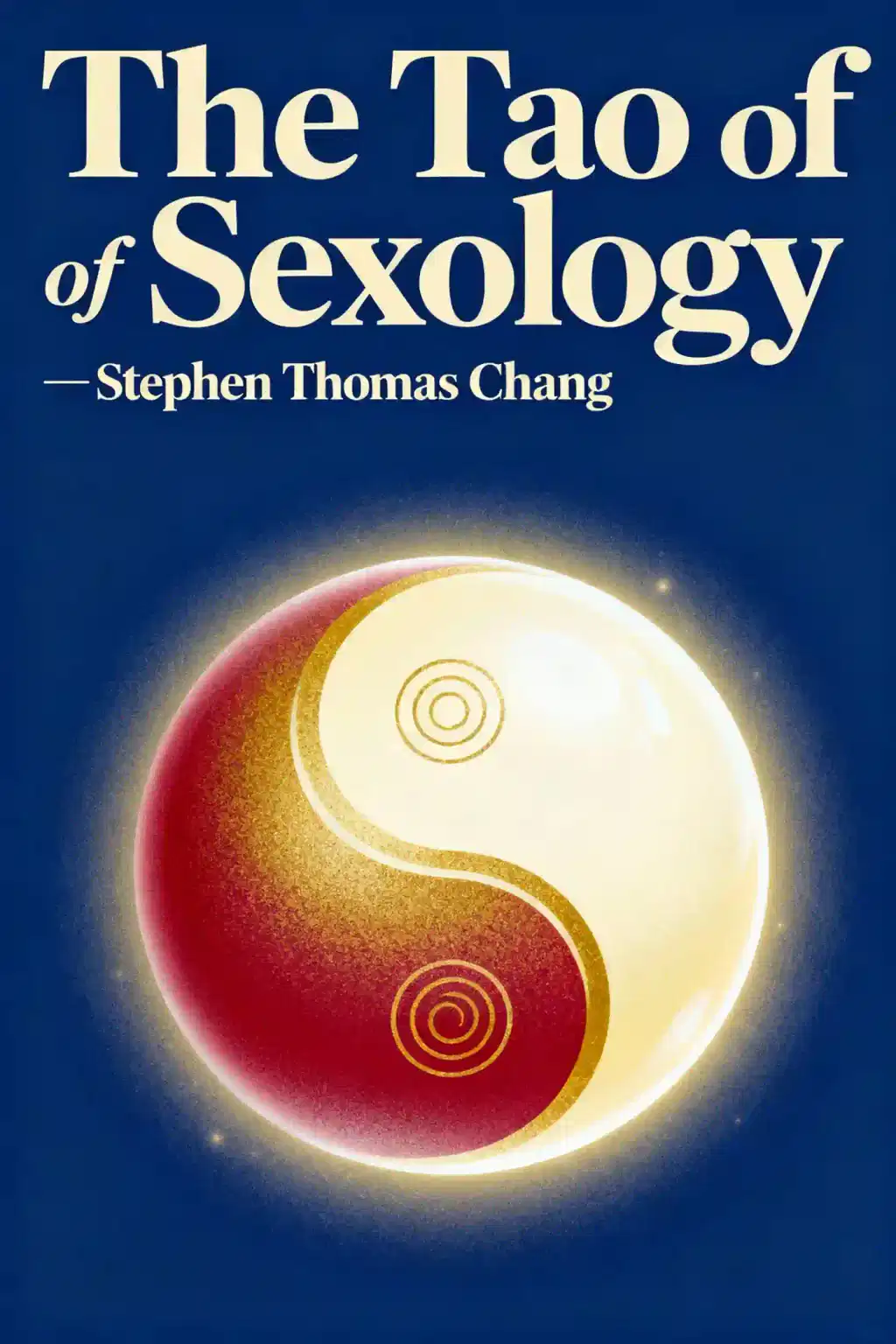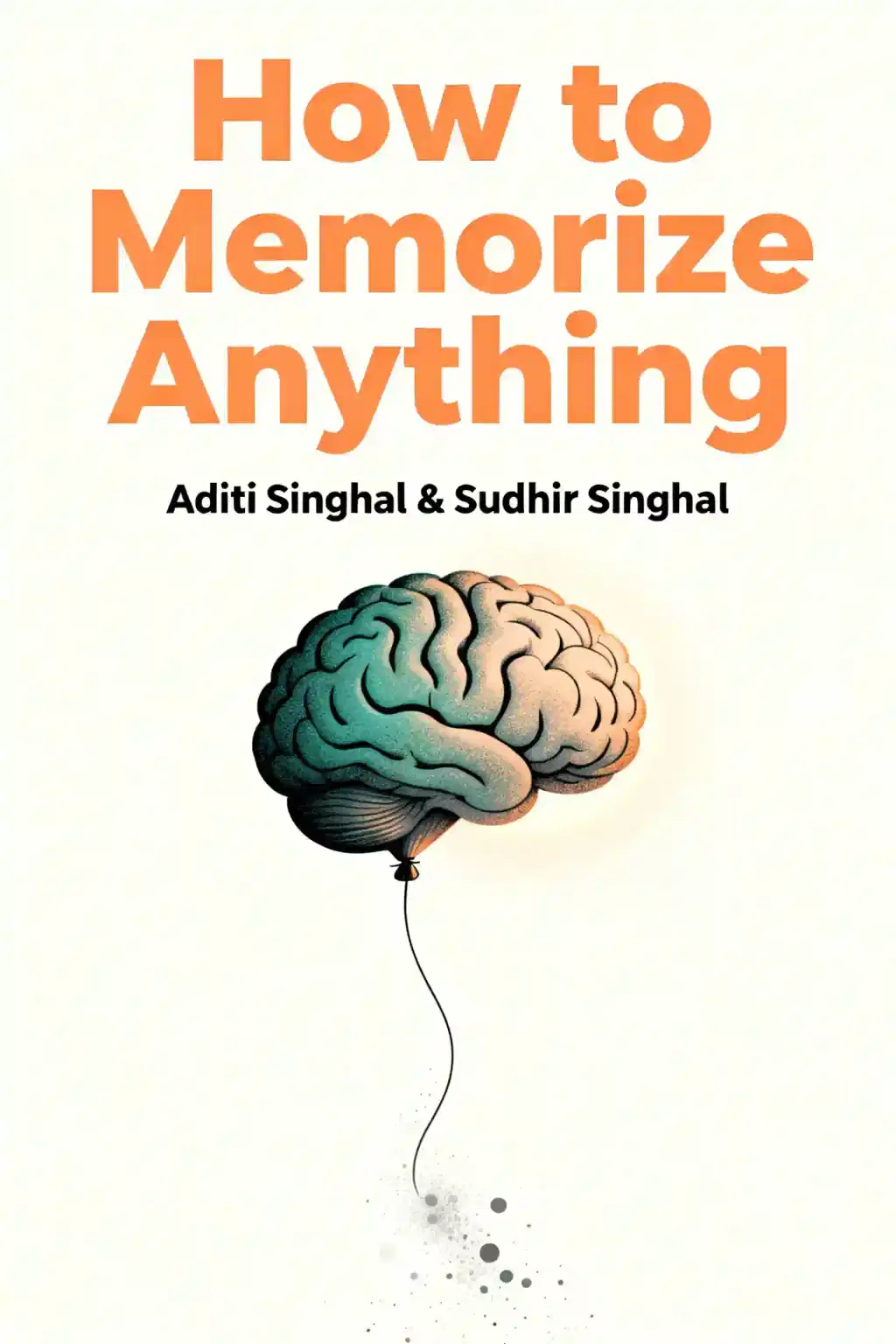What is
The Fund: Ray Dalio, Bridgewater Associates, and the Unraveling of a Wall Street Legend about?
The Fund is an investigative expose by Rob Copeland that dismantles Ray Dalio’s carefully crafted image as a benevolent financial guru. It reveals Bridgewater Associates’ toxic workplace culture, detailing how Dalio’s “radical transparency” principles fostered paranoia, psychological manipulation, and ethical compromises among employees. The book draws on firsthand accounts of high-profile figures like former FBI director Jim Comey and Pennsylvania Senate candidate David McCormick.
Who should read
The Fund by Rob Copeland?
This book is ideal for readers interested in corporate ethics, hedge fund operations, or critiques of Silicon Valley-style leadership cults. Finance professionals, HR leaders, and fans of investigative journalism will gain insights into the dark side of Wall Street’s “principles-driven” success stories. It also appeals to those fascinated by billionaire culture and workplace psychology.
Is
The Fund worth reading?
Yes, for its unflinching look at Bridgewater’s contradictions: Dalio’s public persona as a management sage versus accounts of employee surveillance, ideological coercion, and legal intimidation. Copeland’s meticulous reporting—including interviews with insiders—makes it a gripping case study in corporate hubris and the human cost of unchecked power.
What are the main criticisms of Ray Dalio in
The Fund?
- Hypocrisy: Dalio’s “radical transparency” ideals allegedly enabled bullying and humiliation.
- Authoritarianism: Employees describe a cult-like environment with mandatory loyalty to Dalio’s views.
- Investment secrecy: Only ~10 employees knew the fund’s strategies, despite Dalio’s public image as a thought leader.
How does
The Fund describe Bridgewater’s workplace culture?
The book depicts a pressure-cooker environment where employees undergo:
- Daily “baseball cards” rating their every interaction.
- Mandatory meetings dissecting personal flaws under the guise of “truth-seeking.”
- Surveillance systems tracking conversations and movements.
What public figures are mentioned in
The Fund?
- Jim Comey: Former FBI director allegedly seeking Dalio’s approval.
- David McCormick: Ex-Bridgewater executive turned politician who embraced Dalio’s philosophy.
- Dalio himself: Portrayed as a charismatic but manipulative leader.
How does
The Fund compare to Ray Dalio’s
Principles?
While Dalio’s Principles promotes idealized management theories, The Fund serves as a counter-narrative—exposing how those same principles reportedly caused emotional harm, stifled dissent, and prioritized Dalio’s ego over employee well-being.
What does
The Fund reveal about Bridgewater’s investment strategies?
Despite managing $150B+, Copeland suggests Bridgewater’s success relied less on Dalio’s much-hyped algorithms and more on:
- Early bets on macroeconomic trends.
- Insider political connections for policy insights.
- Aggressive legal tactics against departing employees.
How did Ray Dalio respond to
The Fund?
Dalio and Bridgewater aggressively disputed Copeland’s reporting, attempting to discredit the author and suppress critical narratives. The firm reportedly pressured media outlets and used legal threats to shape coverage.
What lessons can leaders learn from
The Fund?
- The dangers of conflating personal philosophy with corporate policy.
- How “radical transparency” can mask toxic power dynamics.
- The importance of aligning stated values with operational practices.
How does Rob Copeland’s background inform
The Fund?
As a Pulitzer Prize-contending New York Times finance reporter, Copeland leveraged years of investigative work—including interviews with 100+ Bridgewater insiders—to challenge Dalio’s mythos. His expertise in financial systems adds credibility to the exposé.
Is
The Fund relevant to understanding modern corporate culture?
Absolutely. It’s a cautionary tale about leadership cults in an era obsessed with “disruptive” management theories. The book resonates amid debates about workplace mental health, CEO accountability, and ethical finance practices in 2025.















